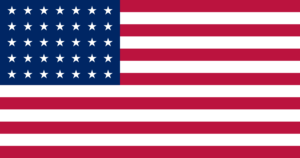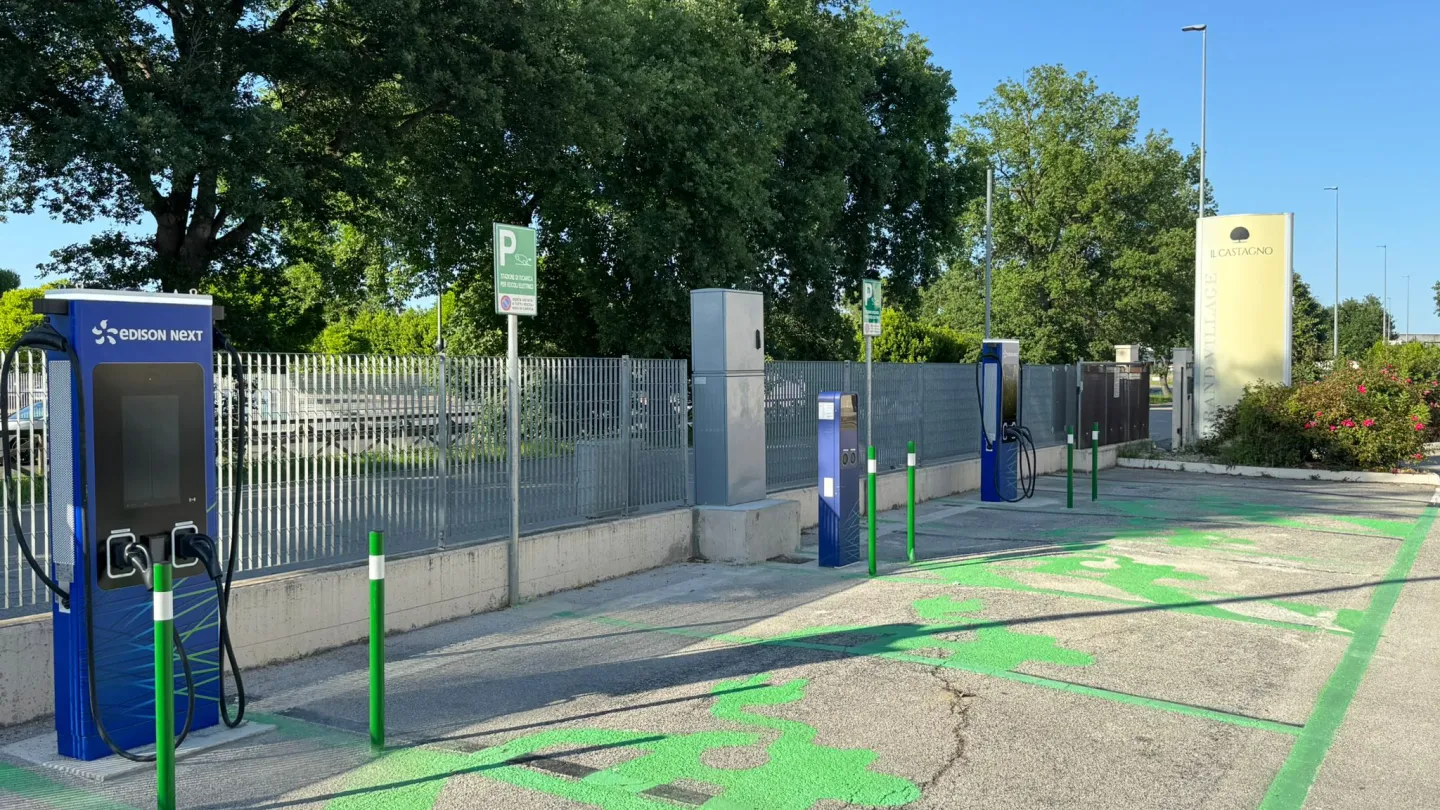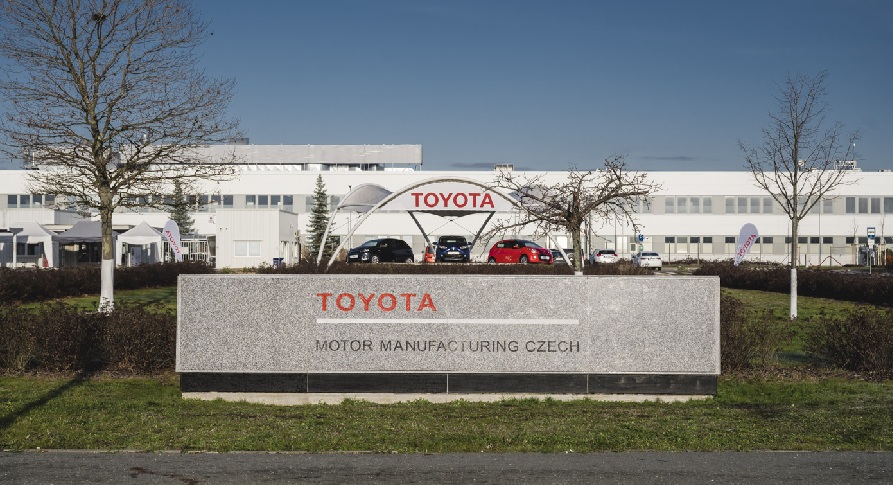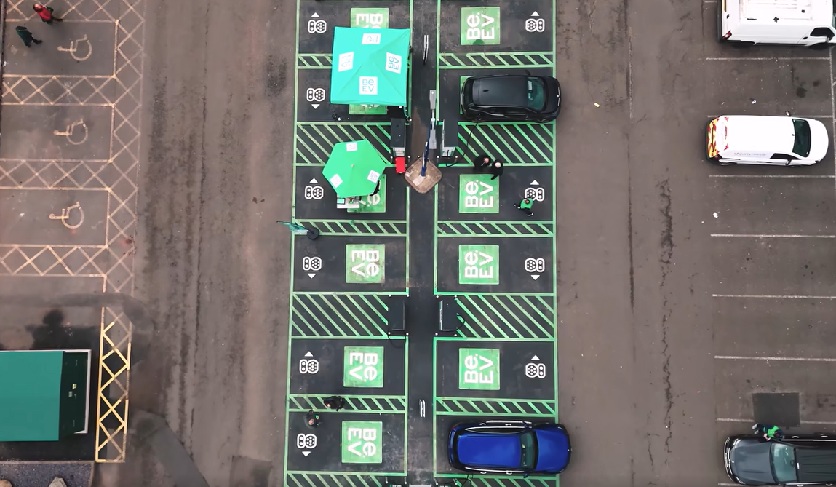U.S. President Donald Trump will exempt automakers from his punishing 25% tariffs on Canada and Mexico for one month as long as they comply with existing free trade rules, the White House said on Wednesday, a development that halted at least for now Wall Street’s steepest skid in nearly three months.
Trump is also open to hearing about other products that should be exempted from the tariffs, which took effect Tuesday.
But the U.S. President made clear he was not calling off his trade war with Canada and Mexico as he pressures both countries to deter fentanyl smuggling.
After a phone call with Canadian Prime Minister Justin Trudeau, Trump said he was not convinced the situation had improved.
Canada is willing to reduce its retaliation to U.S. tariffs if the Trump administration drops some of the tariffs it has imposed, a Canadian government source said.
Negotiations between Ottawa and Washington were continuing, and no deal had yet been reached, the source cautioned.
The one-month reprieve sparked a rebound in auto stocks, but trade tensions have created uncertainty for U.S. corporations and sapped consumer confidence, leading to a selloff in stocks in recent days.
General Motors shares were up 7.2% and Ford gained 5.8% on Wednesday, but both shares are still down on the year.
Trump’s tariffs pose extreme difficulties for automakers, which produce vehicles in all three countries and often ship parts across North American borders multiple times as they get built into systems and finished vehicles.
A one-month exemption for cars and trucks that comply with the U.S.-Mexico-Canada Agreement’s complex content rules, as Trump has outlined, would be a boon for Ford, GM and Stellantis.
Trump also might eliminate the 10% tariff on Canadian energy imports, such as crude oil and gasoline, that comply with the USMCA rules of origin, a source familiar with the discussions said.
Trump’s tariffs have damaged relations between the three trading partners.
Canada has hit back with tariffs of its own on selected U.S. imports, while Mexico has vowed to retaliate as well.
Source: Reuters
Read more:
-
Italy welcomes ABB’s new 50 kW charger: First C50 units installed at Il Castagno outlet
The installation, completed in early June, is part of ABB E-mobility’s Early Adopter Program (EAP), a global initiative aimed at gathering real-world insights to refine new products in their intended environments.
-
Czech Republic in focus: Toyota to build its first electric vehicles in Europe
Toyota is expected to begin production at its new megacentre in the Czech Republic from 2028. Once fully operational, the facility is projected to produce around 100,000 EVs per year.
-
Be.EV installs 16 ultra-rapid chargers at Gallagher Retail Park
The site offers 150 kilowatts charging facilities within a 50,000 sq ft retail park that features major brands such as Decathlon, Costa and B&M.










